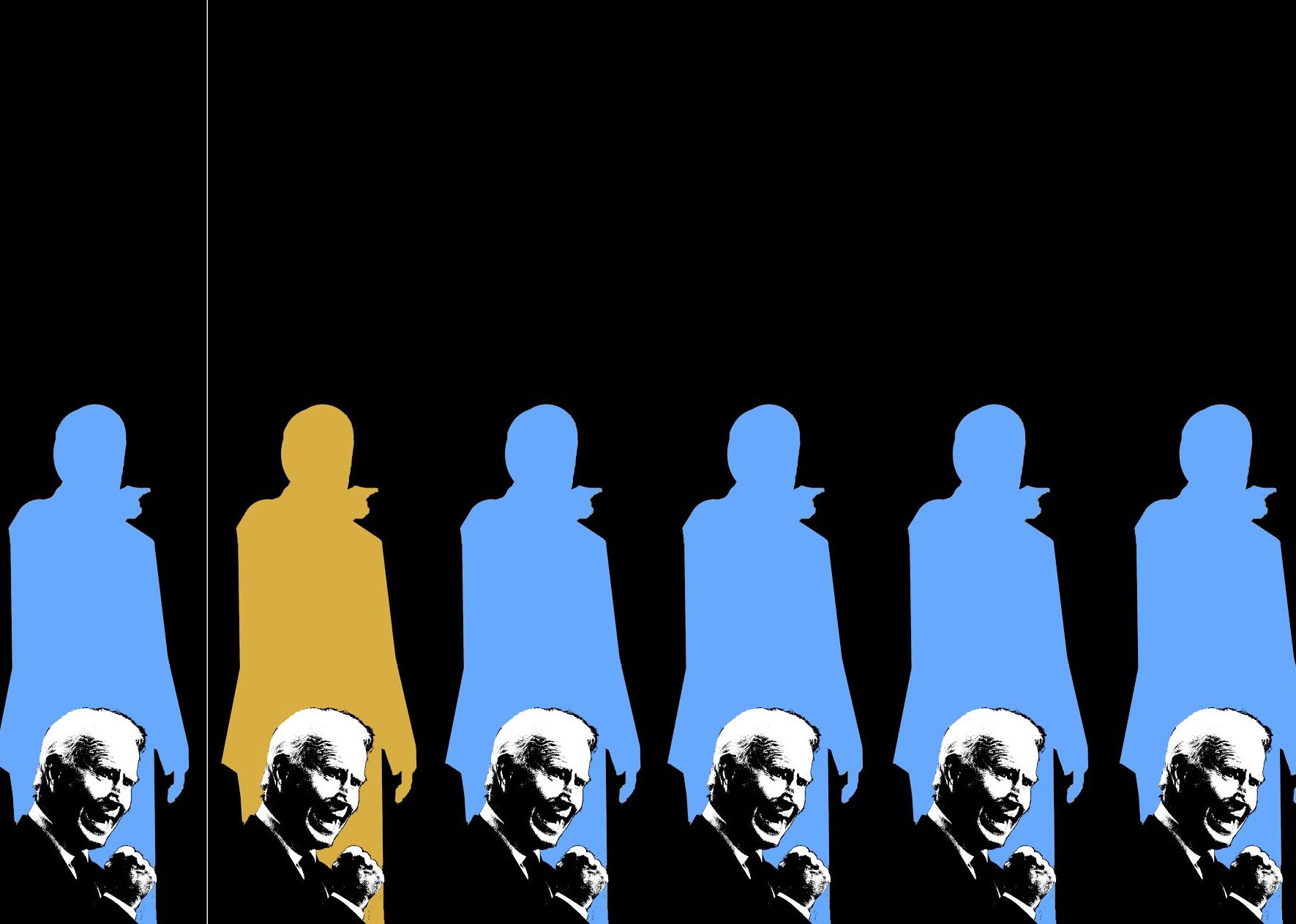The nation seemed to have bated breath, unable to be at ease until the 46th president of the United States was made clear. It was a sentiment shared with the many political incumbents and citizens of nations that would be greatly affected by the result. After the highest numbers of voter turnout in more than a century of American politics, Biden had managed to shift historically red states blue and receive a staggering 80,025,905 votes.
Under a tense political climate, the solace of Biden’s victory came with the hope that change is at hand. However, his symbolic win was not the landslide many had predicted. This was a salient reminder that America was still left deeply divided by Trump’s presidency, and the tide of populism is not one that will so easily relent.
Before his infamous four-year run as president, Donald Trump had been described by the New York Times as the ‘the celebrity fixture at conservative gatherings’. Underestimated and often ridiculed, it was not only his money that had allowed him to lever himself into power. His success was also greatly derived from his ability to tap into the frustrations of the common man. Ironic, considering the wealth that he was born into. Nevertheless, he broke convention, denounced institutions, simplified his vernacular, vilified whatever fell out of his narrow beliefs and emerged as a populist champion.
This story is well known but it would be incorrect to say that his strategy was novel. Calculated populist pandering can be traced back to ancient Rome, where you only have to replace ‘Trump’ with ‘Clodius’ to read the tale of how the Roman Republic was unexpectedly overthrown. Therefore, rather than a single politician, it is perhaps more crucial to analyse the social environment in which they thrive.
In 2019, the Guardian commissioned a group of political scientists to conduct a study of speeches given by 140 world leaders from over 40 countries. They uncovered that populist leaders have more than doubled since the early 2000s and that political rhetoric has evolved to frame the interest of the common man in opposition to established institutions. Direct examples of this would be Trump exiting the Paris Accord, criticising the American immigration system, and shifting US policy towards protectionism and isolationism. This populist expansion has seen an even more rapid rise in the past five years across central and eastern Europe as well as Brazil, India and Mexico, where elections have brought populist leaders to the helm.
So it is clear that there has been a populist tide, but support for the likes of Bernie Sanders, Jeremy Corbyn and now, Biden’s win, has also revealed a growing appetite for social democracy.
It may be helpful to shift our focus from leaders to the ideas that garner votes. There has been consistent disdain and uproar over Trump, but has this resulted in a dramatic electoral loss for him? Trump’s presidential campaign was entrenched in ridicule so much so that his political stint ended with his team holding a press conference in a landscaping lot down the street from an adult book store (seriously). Still, Trump achieved the presidency in 2016 and lost to Biden only by a relatively close margin in 2020, showing how divisive politics can cause ideas to take hold in a very powerful way.
Easy answers that are digestible and shift the blame, are the currency of tough times, which will only get tougher with the Coronavirus pandemic. With unemployment on the rise and a recession at the doorstep, it is Biden’s unique challenge to prove that his answers to these issues can be just as effective, whilst still being socially conscious, of climate change, minority interests, immigration, and more.
Divisive politics can often create a vicious cycle, where beliefs become increasingly polarised, and both sides have played a hand in perpetuating it. Thus, we have much to gain by moving away from the dismissal of either side towards focusing on what we can agree upon. As Nobel laureate and economist, Amartya Sen has said democracy functions upon “public reasoning”. By working across the aisle and creating social spaces where reasoning is encouraged, can we begin to heal.
Moreover, instead of repudiating populism, it may be reclaimed through the revival of social democracy. There is no better example of this than Alexandria Ocasio-Cortez, the youngest woman to ever serve in the United States Congress. In 2018, she defeated Joe Crowley who had been elected successfully for ten terms before her. With little funding, the success of her grassroots campaigns came as a shock.
Cortez knew how to appeal to her constituents because she knew how to provide a voice for the people — growing up working class herself. Most importantly, she is not afraid to criticize either side over questionable policy that does not put the interest of the people first. Her support has rapidly grown and her ideas of a Green New Deal, free healthcare and increasing the highest tax bracket are taking hold. She is bold and energetic, but her success is not solitary. An increasing number of grassroots campaigns are beginning to emerge, that are slowly transforming American politics.
This is not only crucial to America but can have a ripple effect able to turn the tide of populism that has previously divided into one that can unite.
The power of the people is after all the lifeblood of any democracy and when harnessed for good, can enact the transformative change we so desperately need.
Janhavi Modak, 1st-year Comparative Literature student, King's College London






Insightful and well-written! Excellent job, Janhavi!
Excellently written and full of perceptive points, especially about the potential for constructive forms of populism of the Left. Great article!!
Well said!! Truely echoes today’s global scenario.
Excellent article. Well narrated and systematically explained
Keep writing and inspiring.
Excellent !’ Well written Janhavi so proud of you.
well written article, would like to read on this aspect, keep writing.